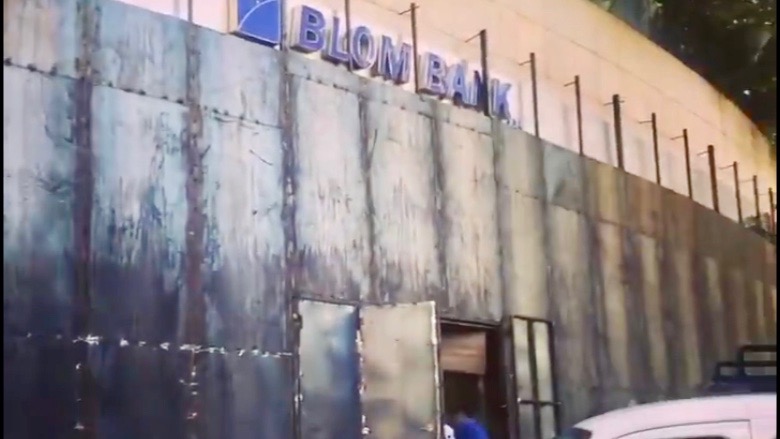The Lebanese government has announced the re-imposition of a national lockdown for four more days starting from the evening on May 13, Wednesday. This is after a fresh spike in COVID-19 over the past few days.
The country recorded almost zero cases for a few days last week, following which the government relaxed lockdown norms and allowed some businesses such as restaurants and salons to reopen.
The lockdown was first imposed in Lebanon on March 15. The first cases of COVID-19 in the country were registered on February 21.
As per the new lockdown norms, necessary medical care, food and agricultural sectors have been made exempt and will remain open. The night curfews will remain in place.
Lebanon has recorded over 100 new cases in the past three days. These fresh cases are considered to be related to migrants returning home from the Gulf and elsewhere. So far, Lebanon has 870 cases with 26 deaths. 234 people have recovered.
Prime minister Hasan Diab said in a cabinet meeting that the country’s achievement in fighting the COVID-19 crisis was being jeopardized by the complacency by some people not following the lockdown norms. This is being seen as an attack on protesters who returned to the streets to protest the policies by the government.
Health minister Hamad Hassan said that the lockdown would provide the government a chance to carry out extensive tests in areas where fresh cases have been recorded. The government has also announced a review of its five-phased plan to lift the lockdown. The country was in its third phase.
Meanwhile, health workers have complained that 90% of the country’s nurses are facing salary cuts despite being frontline workers. The economic crisis in Lebanon has worsened due to the lockdown, forcing thousands of people to violate lockdown norms and come out to protest on the streets last week. Protesters are particularly angry with the banking system due to strict limits placed on the withdrawal of cash.
Lebanon has one of the highest debt-to-GDP ratios in the world with high levels of unemployment. A falling currency has forced people to rely on American dollars instead of the local currency. The country has also seen a steep rise in poverty in recent times.
Popular protests broke out last October over such economic concerns and widespread anger against the corruption and incompetence of the government. The protests have continued since then. Protesters are demanding a complete overhaul of the country’s political system and the replacement of the entire ruling class.
The government has used force to suppress the protests. Some banks were seen putting security fences around their buildings on Tuesday to block the access of people.





